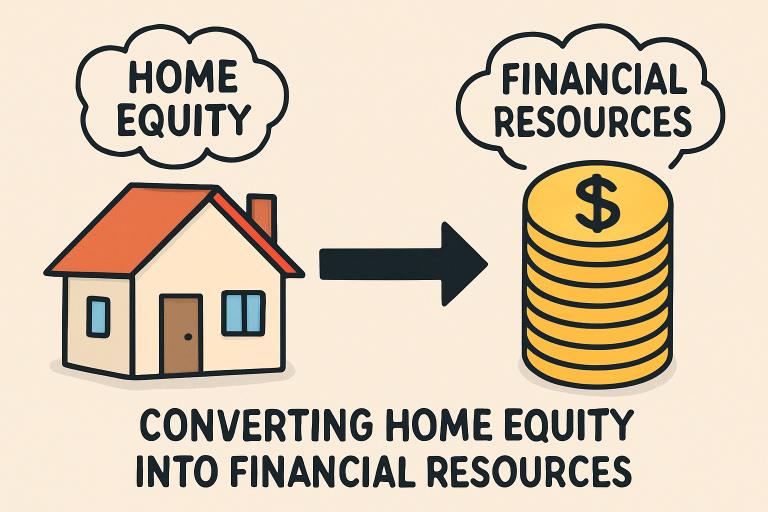Now Reading: The Role of Retirement Plan Consultants in Creating Financial Security
-
01
The Role of Retirement Plan Consultants in Creating Financial Security
The Role of Retirement Plan Consultants in Creating Financial Security

Plan Design
Think of your retirement plan as a movie script for your future life — the setting, the stakes, the arc — and the consultant is the director who makes sure every scene lands. A thoughtful plan design translates tax rules, employer goals, and individual needs into a clear roadmap that actually feels achievable. Consultants slice through legal jargon and present options in plain language, helping employers choose plan types, set contribution structures, and design features that fit the company culture and employee demographics. They factor in timelines, risk tolerances, and life changes so the plan isn’t a static document, but something that evolves with the cast of characters who depend on it.
Investment Selection
Picking investments for a retirement plan is less about dramatic market timing and more about steady craftsmanship. Consultants curate diversified portfolios that match the plan’s objectives and participant profiles, balancing growth potential with downside protection. They screen fund managers, evaluate fees, and assemble lineups that aim to deliver consistent, long-term outcomes rather than chase short-term applause. And when market scenes shift, the consultant is the one quietly rebalancing the script — adjusting fund mixes, updating target-date approaches, and nudging allocations so participants stay aligned with their goals.
Employee Education
A plan is only as powerful as the people who understand and use it, which is why education is central to what consultants do. They lead workshops, drop-in sessions, and bite-sized communications that demystify savings behavior, matching rules, and the benefits of starting early. These sessions aren’t dry lectures; they’re practical, sometimes cinematic explanations that connect savings choices to real-life goals — buying a house, funding college, or planning a coast-to-coast retirement road trip. Better educated employees enroll more, save more, and make smarter investment choices, which keeps the whole plan healthier.
Compliance and Fiduciary Support
The regulatory landscape around retirement plans reads like a legal thriller — full of moving parts and heavy consequences for missteps. Consultants act as the knowledgeable guide who keeps plans compliant and helps fiduciaries meet their obligations. They perform compliance testing, prepare documentation, and advise on policy to reduce legal and financial risk. More than that, fiduciary support helps ensure decisions are made in the participants’ best interests, with transparency and careful record-keeping that defuses conflicts and protects trustees and sponsors alike.
Plan Administration
Behind every smooth benefit is a system of carefully managed operations: contributions, recordkeeping, distributions, loans, and everyday participant support. Consultants either coordinate with administrators or manage these functions directly to keep the plan running like a well-edited scene. They streamline processes, troubleshoot participant issues, and make sure payroll, vendor interactions, and benefit payments all line up correctly. That attention to detail means fewer errors, happier employees, and more predictable outcomes for both sponsors and participants.
Plan Benchmarking and Review
Benchmarking is the periodic film festival where your plan’s performance gets a candid screening. Consultants compare the plan’s costs, services, and returns against peer groups and industry standards to identify what’s working and what’s not. Those reviews dig into fee structures, fund performance, participation rates, and administrative efficiency so sponsors can make informed adjustments. It’s an iterative, data-driven process — not a one-time audit — and it keeps the plan competitive and fair over time.
Retirement Readiness Assessment
A Retirement Readiness Assessment is a diagnostic scene that tells you whether the story’s heading toward a happy ending. Consultants model projected income, longevity, and expected spending to estimate whether individual participants and the workforce as a whole are on track. The result is a compact, actionable report that highlights gaps and suggests prioritized steps — like increasing deferrals, adjusting investments, or offering targeted education — so the retirement narrative moves from uncertain to plausible.
Working with a Consultant
Hiring a retirement plan consultant is part strategy, part relationship, and part architecture. You get technical expertise — in tax law, investments, and fiduciary duties — bundled with ongoing service: plan reviews, vendor searches, participant communications, and crisis handling. A strong consultant blends hard analysis with approachable explanations, so sponsors can make confident choices and employees feel empowered to act.
FAQ
What exactly does a retirement plan consultant do?
A retirement plan consultant helps design, manage, and optimize employer-sponsored retirement plans, advising on investments, compliance, administration, and participant education. They translate complex rules into practical actions that serve both employers and employees.
How do consultants choose which investments to include?
They evaluate fund performance, fees, manager consistency, and how each option fits the plan’s goals and participant profiles, aiming for diversification and cost-effectiveness. The goal is steady, long-term growth with appropriate risk controls.
How often should a retirement plan be reviewed?
Most plans benefit from at least an annual review, with deeper benchmarking and investment lineup analyses every one to three years. Reviews can be more frequent after major regulatory, market, or organizational changes.
What is fiduciary support and why does it matter?
Fiduciary support means guidance and documentation that helps trustees act in participants’ best interests, reducing legal and financial risks. It creates accountability, transparency, and defensible decision-making.
How does employee education impact plan success?
Education increases participation rates and helps participants make better contribution and investment choices, which improves the plan’s overall health and outcomes. Clear, relatable communication transforms confusion into action.
Can a consultant help a small business with limited resources?
Yes — consultants scale their services to fit size and budget, helping small employers implement affordable, effective plans and guiding them through compliance, vendor selection, and employee outreach. The right consultant makes retirement planning accessible, even with tight resources.





















